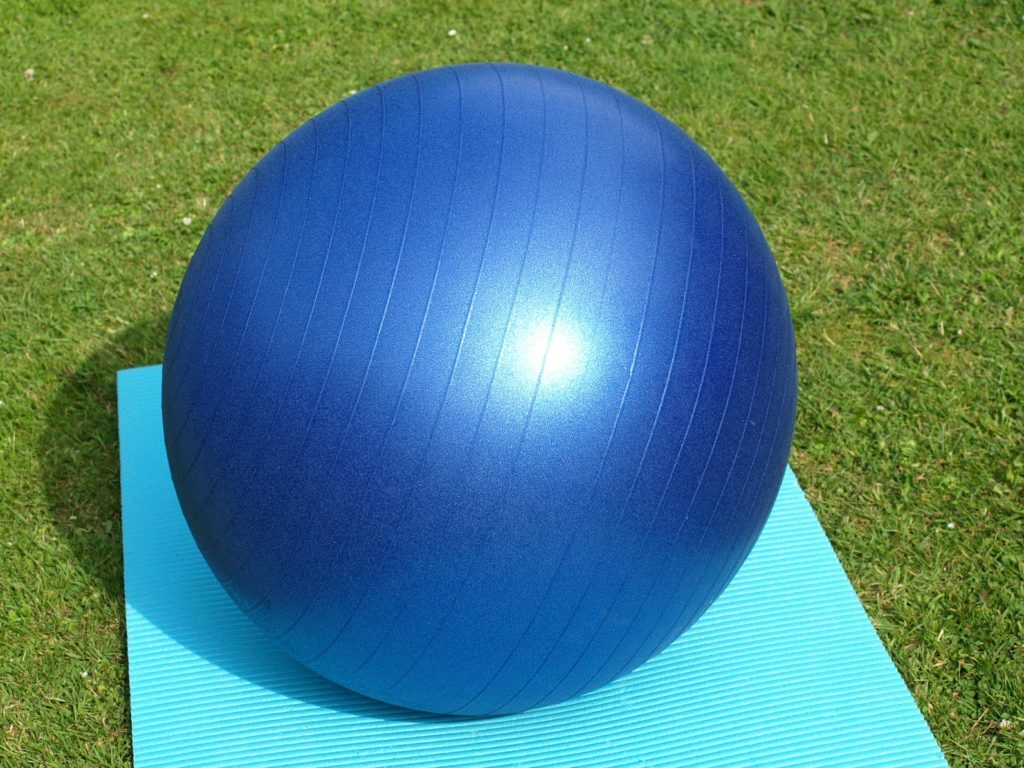Any traveler trying to live a healthier lifestyle through the application of exercise knows the struggle of being on the road and needing to “hit the gym.” Traveling healthcare professionals may not have the luxury of living in a building with its own gym, or working in a town big enough to have a 24-hour fitness center. So, when gym access is not an option what can be done to meet your fitness goals?
Stay healthy on the road by keeping your focus on 1) what you are eating (and drinking, which should be plenty of water), 2) what you’re doing for exercise, and 3) getting adequate sleep.
Get Adequate Sleep
The average person needs 7 to 9 hours of sleep, and doctors recommend 8 hours if you are regularly exercising. This is not always the easiest thing to do, but sleep is the foundation for a healthy body. It is how our body recuperates, heals and prepares for the next day. Pairing with sleep is the concept rest. That is to say, not overdoing exercise for multiple days in a row to allow your body time to recover.
Nutrition Matters
The term “diet” is not associated with “restriction.” Rather, your diet is what you habitually consume. Alter what you eat based on your goals, be it losing weight, gaining muscle, toning up, etc. The basics are to make sure you’re eating a wide variety and healthy amount of proteins, carbs, fruits, dairy and vegetables. Another big part of your nutrition is to eat throughout the day, shooting for six smaller meals and getting away from the traditional three large meals a day. This increases your metabolism and improves your overall health. Research macronutrients for more information on what you personally should consume to meet your fitness goals.

Exercise
Not having access to a gym means you have to get creative with exercise. One major area the average gym-goer overlooks is bodyweight exercises. You can stay fit and build a decent amount of muscle from pure bodyweight exercises, and no gym is required. Work on variations of push-ups (spider-man, one-leg, close-grip, etc.), squats (half-burpee combos, pulsing, cross-leg, etc.), isometric planks and other abdominal exercises.
Inflatable exercise balls and resistance bands are two pieces of equipment we recommend purchasing. Both are relatively cheap and extremely portable, which is great for travelers.
This skims the surface of what is out there or what can be taught. What it all comes down to is your motivation, determination and creativity to make exercise a priority.